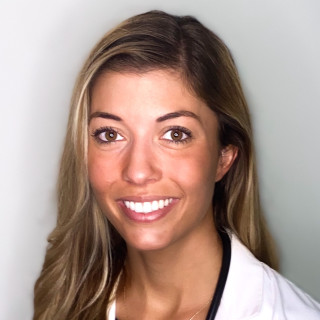After presenting your 42-year-old male with abdominal pain to your attending, you notice that two more patients have checked into the ED and are waiting to be seen. You then overhear the nurse saying, “A.R. is here again for the third time this week. Probably just drunk or high and paranoid again.” Immediately, you feel annoyed that your time is being taken away from seeing the “really” sick patients.
If anything is certain for students in the ED, it is that we are impressionable. We watch, listen, and do everything we can to learn from the attendings and clinical staff. With each shift and every new patient, we gain new experiences, insights, and judgments that form our practice style. While being receptive and impressionable are arguably two of the best qualities a medical student can exhibit, we must be mindful of the kinds of impressions being left on us. Yet mindfulness, one of the most important skills we should strive to harness, is rarely discussed in medical school.
Mindfulness involves moment-to-moment awareness of your experience — including your collection of thoughts and emotions — without judgment. It is recognizing that a situation may be causing you to feel a certain way or eliciting biases but managing to refrain from judging yourself or another person despite this. In moments of mindfulness, you are able recognize the transient nature of thoughts and feelings. It allows clarity of your emotional state, biases, responsibilities, and roles.
Why is mindfulness important? Research has shown that practicing mindfulness offers many clear benefits, including “decreased reactivity and increased response flexibility,” better attention and focus, and improved ability to establish and maintain interpersonal relationships. In addition, research has shown that the practice of mindfulness improves one’s ability to cope, handle stress, and leads to lower rates of anxiety and depression.
According to a 2020 report on physician burnout and suicide, 43% of EM physicians feel burned out. ED overcrowding is likely largely to blame, stemming from a variety of factors such as numerous “poor and uninsured [patients] who lack primary care, unnecessary visits, the safety net, surgical scheduling, and seasonal illness.” Heavily burdened health care systems and unnecessary or nonemergent visits have contributed to greater emergency physician burnout rates, longer wait times, and medical errors.
While it is true that only 5% of ED patients are considered frequent users, a study published in the Annals of Emergency Medicine found that these frequent users get sick more often, with an admission rate of around 51% over a 5-year period. In practicing mindfulness, we challenge the convictions, biases, and emotional responses that arise when treating all patients, including the “frequent flyers.” The most common diagnostic error in the ED is delayed diagnoses, accounting for 86% of errors, with insufficient assessments being the predominant cause for the delays. An awareness of the factors affecting our experience and current state of being will allow us to become better emergency clinicians, likely performing better patient exams, employing clinical judgment with greater clarity, and making more timely diagnoses.
As we strive to become the best clinicians we can be for our future patients, it is important for us to be self-aware, actively acknowledging our thoughts, feelings, and biases while also considering how others impart impressions upon us. Employing the practices of mindfulness throughout the care of our patients — whether it is before we start a shift, enter a patient’s room, or leave a shift in the ED — will lead to us becoming more compassionate and effective future clinicians.
Holly Campbell is a fourth-year medical student at Kansas City University and plans to pursue a residency in emergency medicine. Her interests include health care leadership, health policy, and medical ethics.






